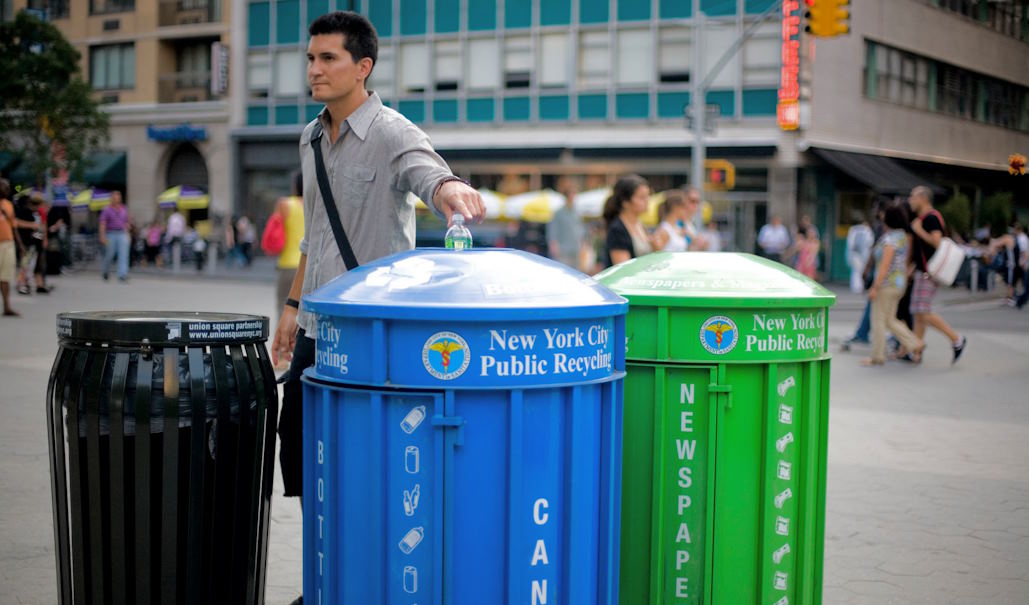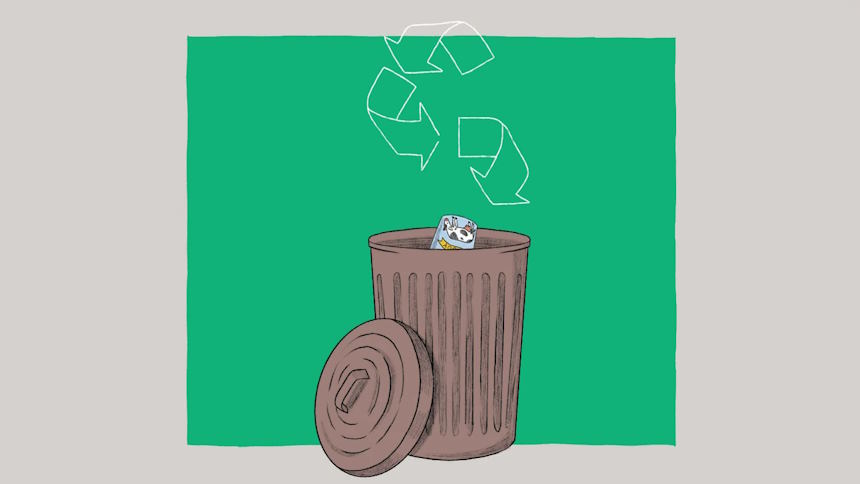The recycling business landscape profoundly influences government policies. These policies, ranging from waste management regulations to financial incentives, play a critical role in shaping the industry’s direction, growth, and effectiveness. In an era where environmental concerns are paramount, the role of government decisions shape the recycling industry is more critical than ever.
Setting the Regulatory Framework
The foundation of a thriving recycling industry is a regulatory framework. Governments enact laws and regulations that mandate recycling standards, define acceptable practices, and set targets for waste reduction and recycling. For instance, regulations may require manufacturers to incorporate a certain percentage of recycled materials in their products or mandate separate collection of recyclable and non-recyclable waste.

Financial Incentives and Support
Financial incentives are powerful tools used by governments to promote recycling. For example, subsidies for setting up recycling plants can lower the barriers to entry, encouraging new players to enter the market. Similarly, tax breaks for companies that achieve high recycling rates can motivate businesses to prioritize recycling in their operations.
Public-Private Partnerships
Governments often engage in public-private partnerships to enhance recycling efforts are the government measures to promote recycling practices. By collaborating with private companies, governments can leverage the efficiency and innovation of the private sector while ensuring that public interests are served.

Educational and Awareness Campaigns
Government policies also include educational and awareness campaigns to inform the public about the importance of recycling. These campaigns can increase participation rates in recycling programs and influence consumer behaviour, leading to more sustainable consumption patterns.
Challenges and Opportunities
While government policies are pivotal in shaping the recycling industry, they also present challenges. Policies like the intersection of government and recycling ventures need to be continuously updated to reflect technological advancements and changing market dynamics. Global coordination, especially dealing with materials, move through international supply chains.

